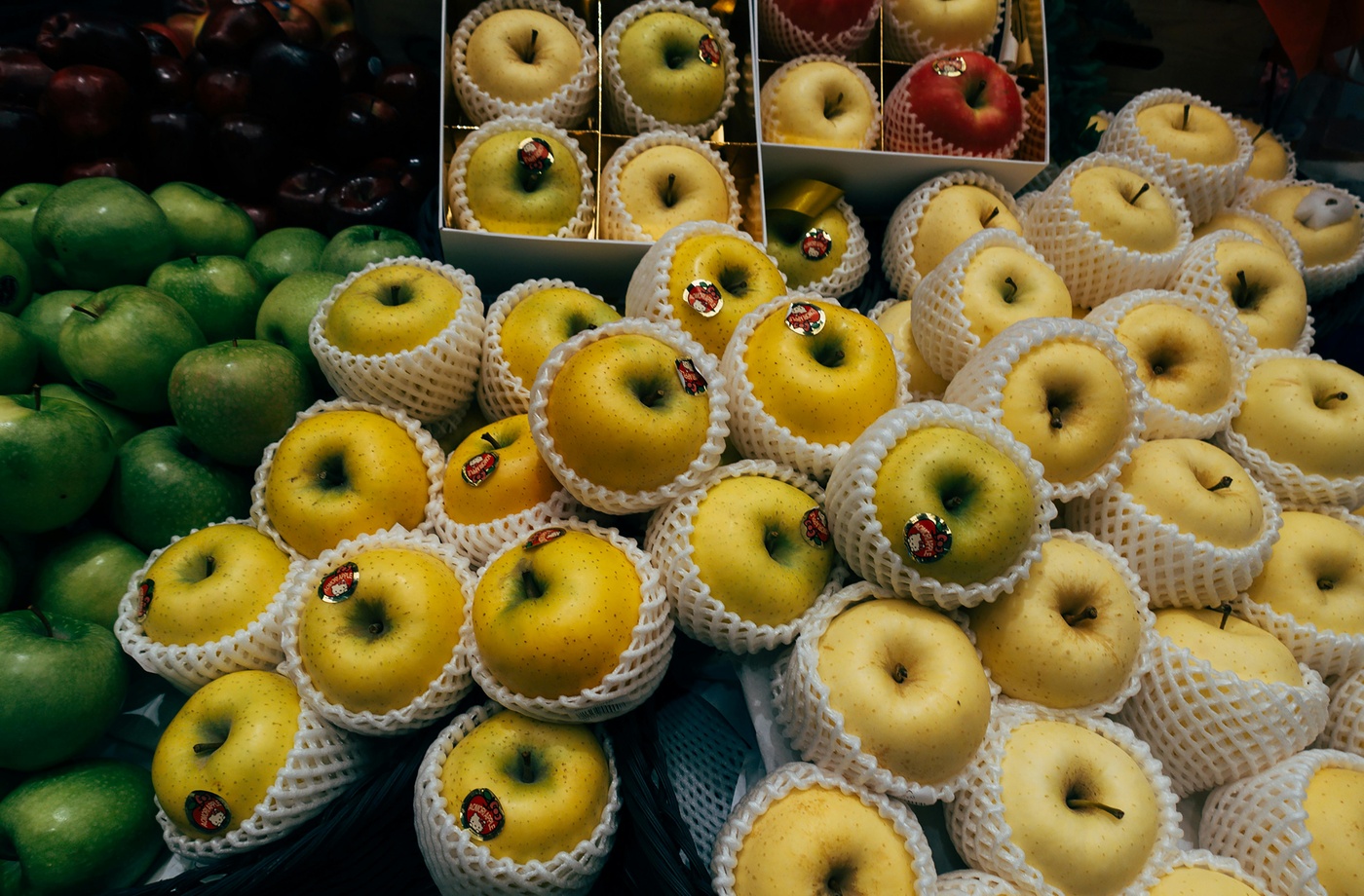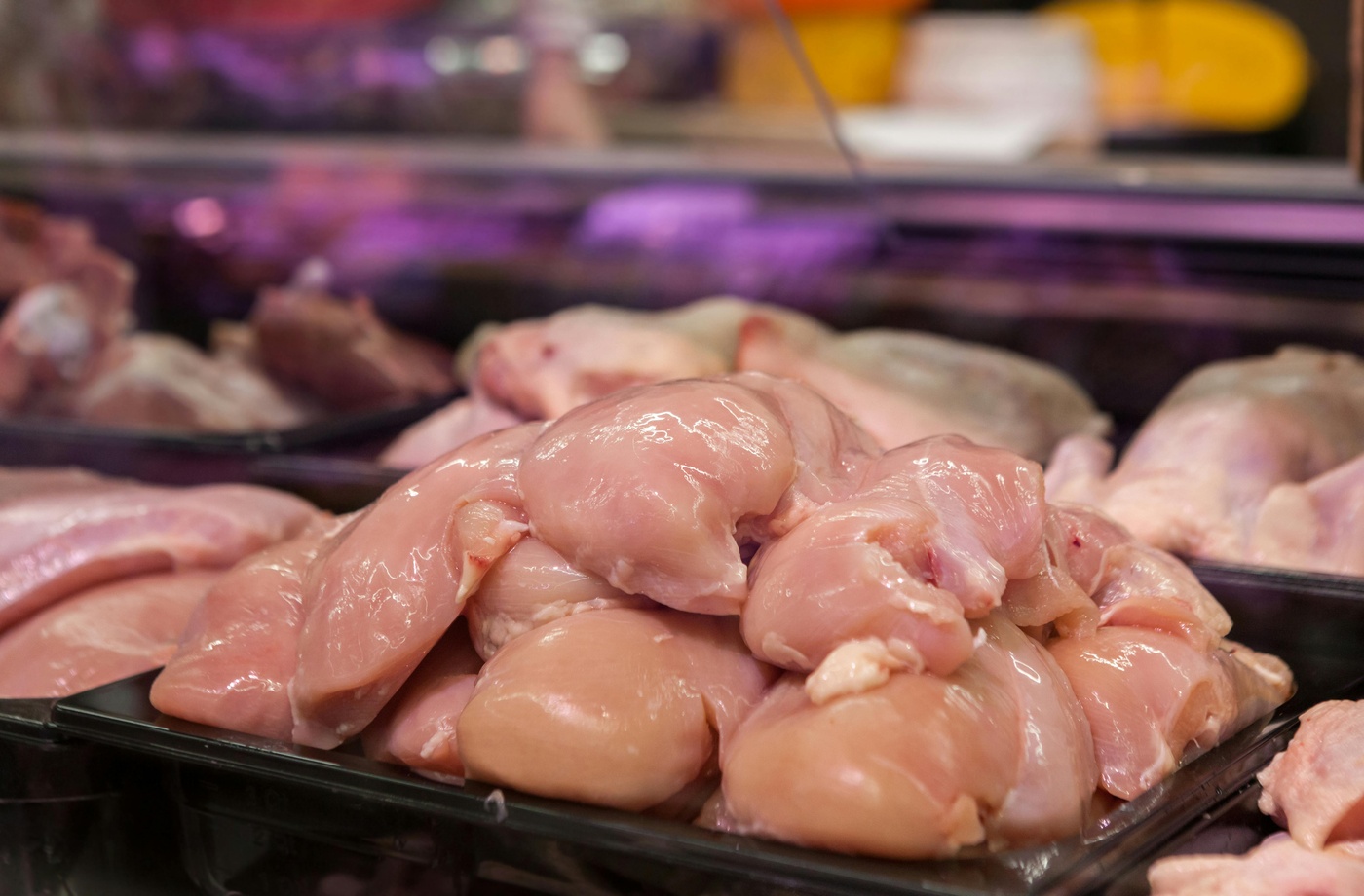What to Buy in Bulk (And What to Skip)
Buying in bulk is one of the most recommended grocery-saving strategies—but it only works when done smartly. Not everything is cheaper in large quantities, and some bulk buys can lead to waste, spoilage, or unnecessary spending. The trick is knowing which items give you the best value and which are better left in smaller portions.
Here’s a breakdown of what to stock up on—and what to skip—when shopping in bulk.
Buy in Bulk: Pantry Staples with Long Shelf Lives
Items that last for months or even years in the pantry are ideal bulk purchases, especially when you find them at a discount warehouse or during a sale.
Top picks:
- Rice, pasta, and oats – These staples have extended shelf lives and store easily in airtight containers.
- Canned goods – Beans, tomatoes, tuna, and soups are cost-effective and versatile meal starters.
- Nut butters and cooking oils – These tend to be cheaper per ounce in bulk, especially at warehouse clubs like BJ’s Wholesale.
- Spices and baking ingredients – Flour, sugar, baking powder, and basic seasonings are often used regularly and can be transferred into storage containers.
Skip in Bulk: Perishables Without a Plan
Buying perishables in bulk only makes sense if you’re confident they’ll get used before going bad. Without a strategy, these become costly waste.
Avoid bulk buys for:
- Fresh produce – Unless you’re freezing or meal-prepping in advance, many fruits and vegetables spoil quickly.
- Dairy – Milk, yogurt, and even cheese can expire before you get through the package unless you have a large family.
- Specialty snacks – Giant packs of chips or sweets may seem like a deal, but they often lead to overeating or expiration before use.
Buy in Bulk: Frozen and Freezer-Safe Foods
Frozen foods are bulk-friendly, especially if your freezer has the space.
Recommended:
- Meat and poultry – Divide bulk packages into smaller portions and freeze. Use freezer-safe bags and label with dates.
- Frozen vegetables and fruit – They’re just as nutritious as fresh and can be used in smoothies, soups, or stir-fries.
- Prepared meals – Buying family-size lasagna or frozen burritos in bulk often saves money per serving and reduces weeknight prep.
Skip in Bulk: Experimental Products
If you haven’t tried a brand before or aren’t sure if your household will like it, skip the bulk option. A good deal isn’t worth it if no one eats it.
Bonus Tip: Check the Unit Price Before You Buy
Bulk isn’t always cheaper. Always check the unit price (cost per ounce, pound, or item) on the shelf tag or online listing. Sometimes smaller packages are on promotion and offer better value.
Final Thought
Bulk buying works best when it fits your household’s lifestyle and storage space. Focus on pantry staples and freezer-friendly items, and steer clear of perishables or trend-driven purchases without a clear plan. Done right, it’s one of the most effective tools for long-term grocery savings.



